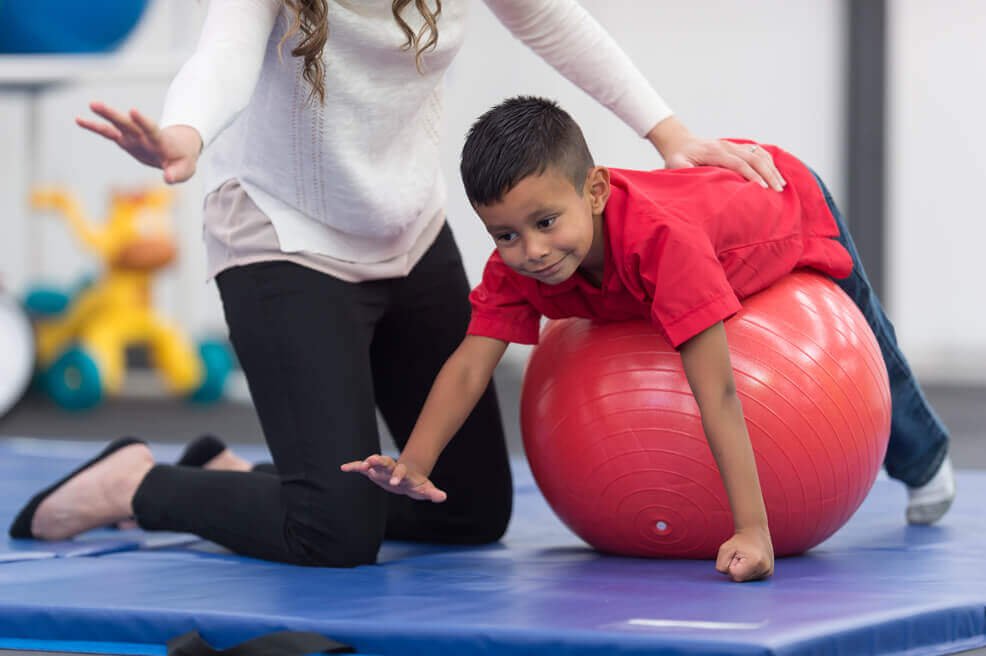
Pediatric Physiotherapy
Pediatric physiotherapy is a discipline that requires attention tailored to your child's unique needs. It is designed to support each stage of their motor development and becomes especially important when specific challenges arise. Our goal is to guide your child effectively to improve these challenges.
What to expect from you Pediatric Physiotherapy Evaluation?
This branch of physiotherapy focuses on assessing children (ages 0 to 17). The reasons for consultation vary widely in this field, and physiotherapy offers a comprehensive evaluation, an exercise program, and educational advice for parents. A pediatric physiotherapist assesses motor function, muscle tone, and strength to identify the best exercises for your child while considering your goals.
Every child is unique and develops at their own pace. If you have concerns about your child’s motor development, a physiotherapist can guide and support you through each key phase of their growth.
When to Consult a Pediatric Physiotherapist
If your child presents one or more of these conditions
Congenital torticollis
Plagiocephaly/Brachycephaly (flat head)
Global motor development delay
Delay in learning to walk
Orthopedic conditions affecting children (Osgood-Schlatter, Sever's disease, etc.)
Fractures, sprains
Some signs indicating your child could benefit from a pediatric physiotherapy evaluation
Your child’s head is turned or tilted to one side
Your child’s head is deformed (flattened skull)
Your baby cannot support their head after 3 months
Your baby seems too tense or, conversely, lacks muscle tone
Your child dislikes tummy time between 0 and 3 months
Your child does not roll over after 7 months
Your child does not sit unaided after 6 months
Your child does not crawl after 8 months
Your child does not walk after 16 months
Your child always sits in the W position
What to Expect From a Pediactric Physiotherapy Session?
Before the initial meeting, you will need to fill out a questionnaire about your child’s history (habits, diet, sleep, health conditions, etc.).
During the evaluation session, the physiotherapist observes your child's motor development, abilities, posture, and movement quality to determine the most suitable exercises. This session includes age-appropriate games, making it enjoyable and engaging.
Finally, the therapist will present the treatment plan and evaluation results, and determine the follow-up frequency with you for future sessions. These follow-ups will allow the therapist to track your child’s progress and adjust the exercises you’ll continue at home.